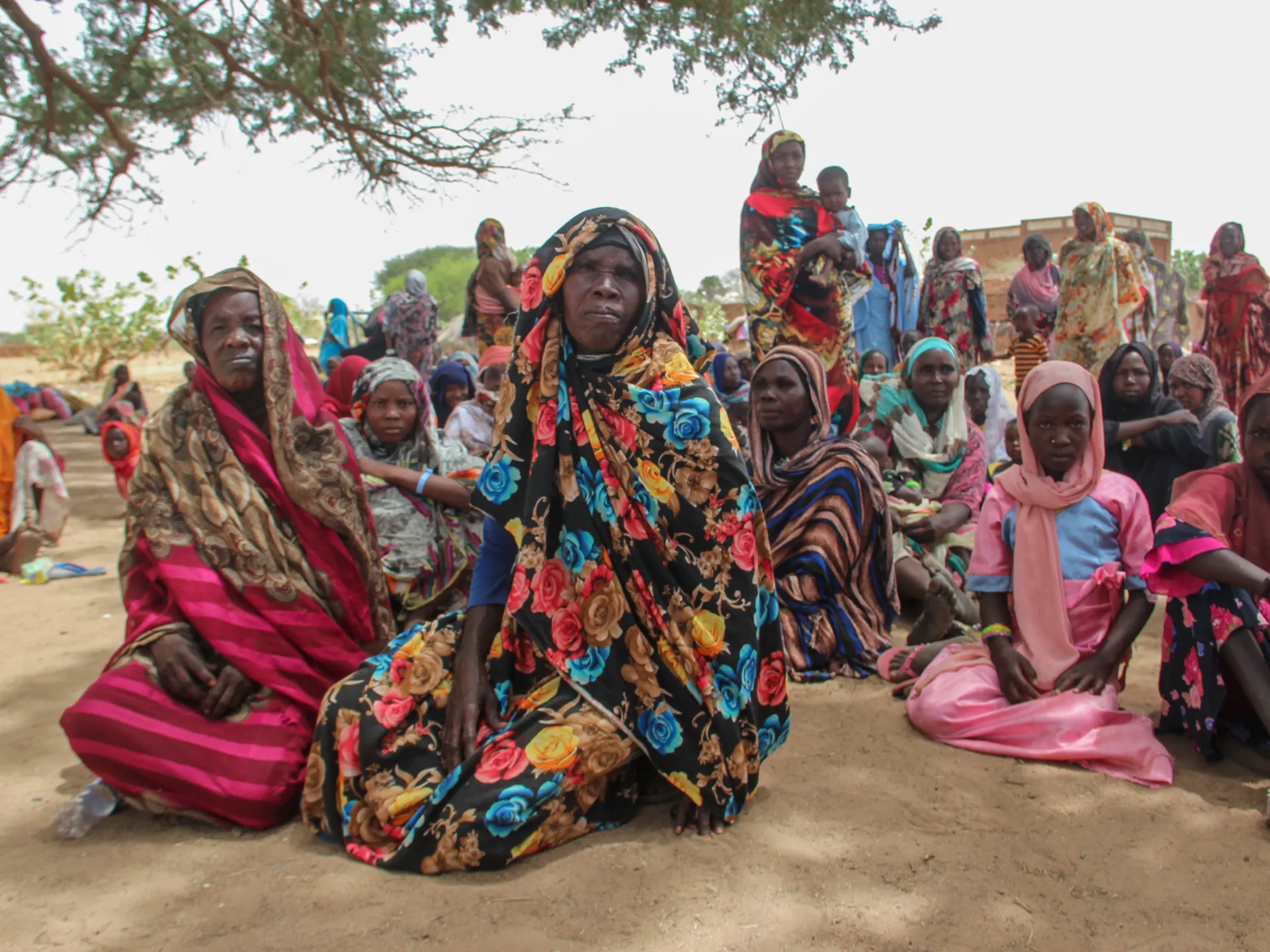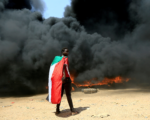“Our Future Is Over”: Sudanese Refugees Struggle Amid Ongoing War and Famine

In Adré, a vital crossing on the Sudan-Chad border, 38-year-old Buthaina and other displaced women sit on the dirt road with their children, having fled the besieged city of el-Fasher in Darfur due to food shortages. “We left with nothing, we just ran for our lives,”. The civil war in Sudan, which erupted in April of the previous year between the army and the Rapid Support Forces (RSF), has resulted in thousands of deaths and widespread displacement, pushing parts of the country towards famine.
The humanitarian crisis is evident as refugees flood into Chad, many of whom are women carrying hungry children. The situation in Adré highlights the severe political and humanitarian failures of the conflict, with aid deliveries often delayed or blocked. Recent rainstorms further complicate conditions, destroying makeshift shelters and exacerbating disease outbreaks.
The World Food Programme (WFP) reports delivering over 200,000 tonnes of food between April 2023 and July 2024, but this has been insufficient due to ongoing blockages by both factions. The RSF and the SAF have been accused of impeding aid and committing abuses, including ethnic cleansing and crimes against humanity, though both factions deny these allegations.
In Port Sudan, where displaced persons are gathered, stories of severe abuse and trauma emerge. Women recount harrowing experiences of rape and torture, with some still missing family members. Safaa, a mother of six, laments the loss of her husband and the impact on her children, stating, “What future? Our future is over.”
UN Deputy Secretary General Amina Mohamed, visiting with her team, emphasizes the need for international attention amidst global conflicts in Ukraine and Gaza. “If the international community doesn’t step up, people will die,” she warns, stressing that these refugees are not just statistics but individuals in dire need of help.















